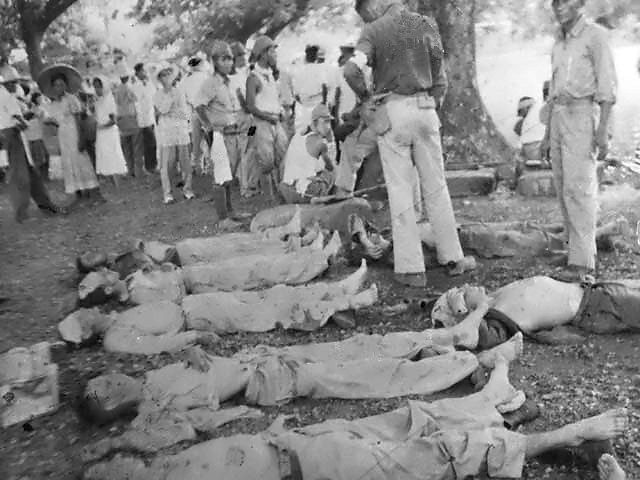The March of Death forced numerous prisoners of war during WWII to relocate to Japanese prison camps. One of these prisoners was Elias Saavedra, who was a member of the National Guard in New Mexico. As of this year, he was one of few remaining survivors who still remained from the Bataan March of Death, but now he has passed away at the age of 96 from natural causes.
Bataan was the site of mass surrender early in the war. Japanese forces imprisoned tens of thousands of soldiers of both American and Filipino descent and made them walk for miles to get to the prison camps. There was no sustenance provided on the March of Death, with many soldiers unable to make it due to dehydration, starvation, heat exhaustion due to prolonged sun exposure, and the complete lack of medical care provided to them. When such soldiers found themselves unable to continue, their captors either shot them or stabbed them to death with their bayonets.
At that point in 1942, America was still not a big part of the war effort. Still, there were nearly two thousand captives from New Mexico alone, around half of which were not to make it home. Still, Saavedra survived not only the March of Death but the war effort pursuant to it. When all was said and done, he ended up finding employment at service stations and eventually opened one himself.
Throughout the rest of his life, Saavedra remained fairly tacit when it came to stories about his service. He was still active in terms of commemorations, but he remained mostly quiet about his trials during WWII in front of family and friends. The March of Death was suspected to have had a deep effect on him, as he even turned away medals when they were awarded by the National Guard. Although he lived through hellish circumstances, he did not want people to glorify him as a hero, the CBS News reports.
Not many are left from the March of Death, and the passing of Elias Saavedra lessens their ranks by one more. His son, Alfred, recalls that he did make the occasional reference to his life in a POW camp, but this was often followed by an emotional outburst which led to more silence on the subject. Given the volume of unjust murders and abject suffering witnessed by Saavedra while en route to the prison camp, it is not surprising that the March of Death may have left him a very different man. After a long bout of health struggles, he was able to die peacefully from old age rather than in the jungles of Bataan.
//
